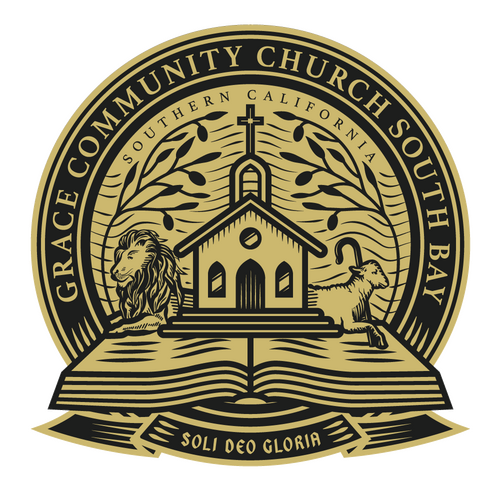GRACE AT HOME STUDY GUIDE
What is a Healthy Church Part 4
In our exploration of what constitutes a healthy church, we've delved into the crucial aspects of godly growth and discernment. The central message revolves around the importance of cultivating wisdom and understanding through diligent study of God's Word. We're reminded of the Psalmist's words in Psalm 119, where he treasures God's commands to avoid sin. This journey towards spiritual maturity isn't just about gaining knowledge; it's about transforming our hearts and minds to become more Christlike. The Scripture emphasizes that true discernment comes from God, not from within ourselves. As we pursue this growth, we're called to examine our own spiritual progress, always seeking righteousness as promised in Matthew 5:6. This message challenges us to move beyond simply distinguishing right from wrong, and instead focus on discerning between good and best in our Christian walk. By doing so, we protect ourselves from the deceptions of the enemy and grow in our love for God and His truth.
Rewatch the Sermon
Small Group Guide
Small Group Guide: Godly Growth - Discernment and Maturity
Opening Prayer
Key Takeaways:
Discussion Questions:
Practical Applications:
Closing Prayer: Thank God for His Word and the opportunity to grow in discernment and maturity. Ask for His help in applying these truths in daily life.
Opening Prayer
Key Takeaways:
- Godly growth involves developing discernment and pursuing spiritual maturity.
- Discernment comes from seeking wisdom in God's Word and through prayer.
- Spiritual maturity is ultimately about becoming more Christlike.
- The goal of spiritual instruction is love from a pure heart, good conscience, and sincere faith.
Discussion Questions:
- The pastor emphasizes that discernment isn't about deciding between right and wrong, but rather "better to best." How does this perspective change your understanding of discernment?
- Reflect on Proverbs 2:3-5. How can we practically "cry out for discernment" and "search for it as for hidden treasures" in our daily lives?
- The sermon mentions that immature believers are the most vulnerable in the church. Can you think of examples where lack of discernment has led to problems in churches or individual believers' lives?
- How does the idea that "wisdom is God's commodity" impact your approach to seeking wisdom and discernment?
- The pastor states that maturity is about Christlikeness. What areas of your life do you feel you need to grow in to become more like Christ?
- Discuss the statement: "If you are easily offended, frustrated in your walk, if you compare yourself to others, if you're stumbled by things that you ought not to be stumbled by... then you are immature." How can we address these issues in our lives?
- How can mature believers in the church help immature believers grow without causing division?
Practical Applications:
- Commit to a daily practice of reading Scripture and praying specifically for wisdom and discernment.
- Identify one area in your life where you need to grow in maturity. Create a plan to address this area through study, prayer, and accountability.
- Evaluate your media consumption (social media, movies, music) and consider how it impacts your spiritual discernment. Make necessary adjustments.
- Practice applying the "better to best" principle in your decision-making this week, rather than just choosing between right and wrong.
- Look for opportunities to lovingly encourage and build up other believers, especially those who may be less mature in their faith.
Closing Prayer: Thank God for His Word and the opportunity to grow in discernment and maturity. Ask for His help in applying these truths in daily life.
